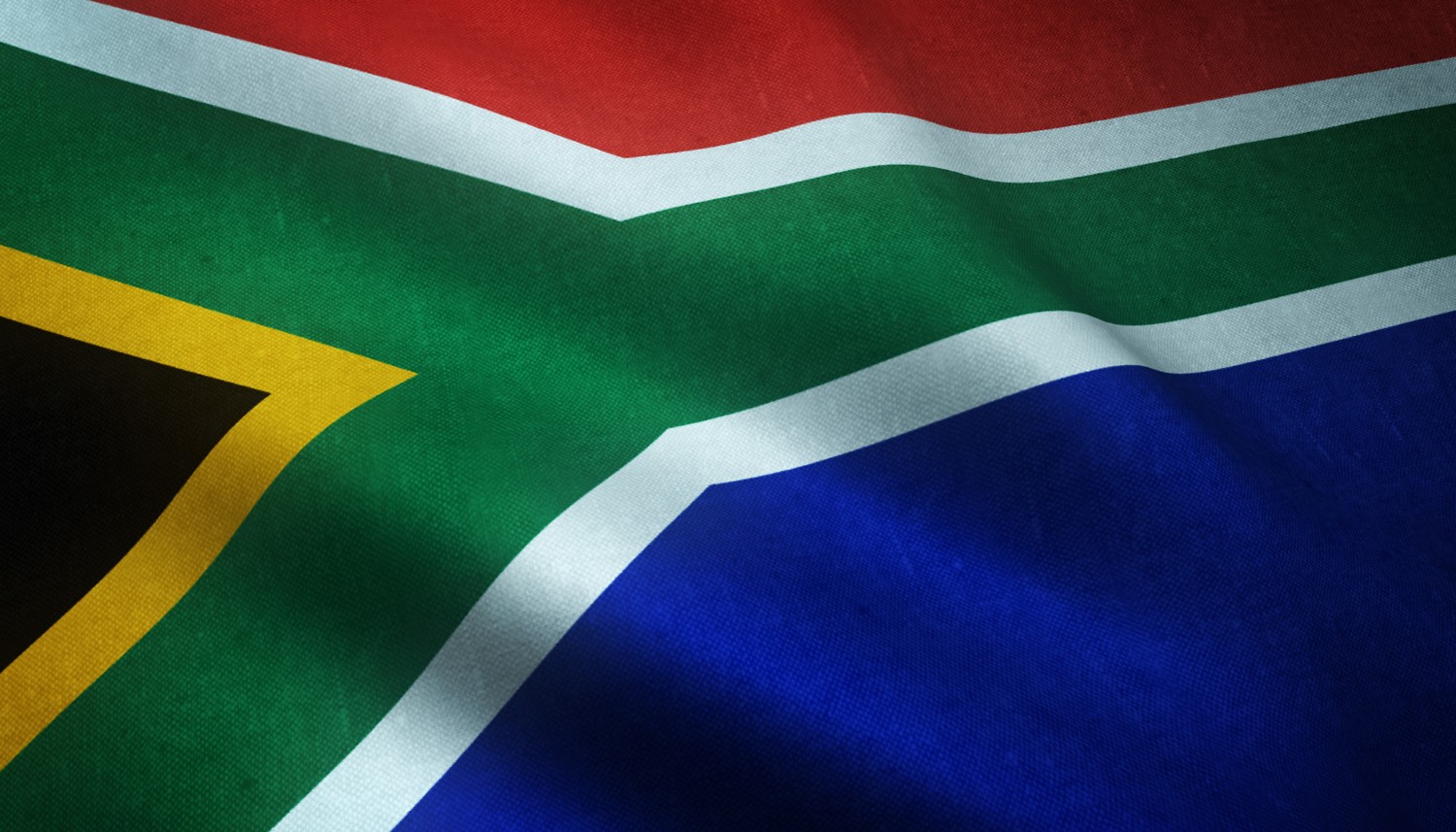On April 10, Tembinkosi Bonakele, Professor of the Wits University, Ex-commissioner of the South African Competition Commission, delivered an honorary report on “Challenges and Opportunities for South Africa in the New Geopolitical Reality” at the XXIV Yasin (April) International Academic Conference on Economic and Social Development at the National Research University Higher School of Economics. The visit of the ex-commissioner of the South African Competition Commission is organized by the BRICS International Competition Law and Policy Centre. The meeting was moderated by Alexey Ivanov, Director of the BRICS Centre.
Opening the meeting, Alexey Ivanov noted the merits and most striking cases from the practice of Tembinkosi Bonakele during his 9 years at the helm of the South African Competition Commission. Mr. Bonakele's transition to a more inclusive and open format of antitrust authority's work with colleagues and the community in general seems to be a particularly important achievement.
"Geopolitical confrontations, trade wars, military conflicts, and economic instability require such inclusive, innovative approaches in the work of competition agencies. This is where South Africa's antitrust agency has not only been a pioneer, but has demonstrated leadership in the world,"
Ivanov noted. In 2023, South Africa holds the BRICS presidency, and this is a chance to promote new approaches in global competition policy, he is convinced.
Since 1994, when the first democratic elections took place in South Africa, the country continues to struggle with the consequences of apartheid, inequality and economic problems, while remaining focused on full integration into the global community. Interaction with Russia in this process is extremely important for South Africa, which remembers the assistance that the USSR provided to the participants of the African National Congress in the fight against the apartheid regime, emphasized Tembinkosi Bonakele at the beginning of his speech.
South Africa's interest in cooperation in the BRICS format stems from the peculiarities of the geopolitical structure of the modern world. In particular, the unilateral policies pursued by the superpowers and the lack of representation of African countries in the global governance architecture. In addition, there are noticeable double standards in the application of international law. Three out of five members of the UN Security Council (Russia, U.S. and China) have not acceded to the Rome Statute and do not recognize the jurisdiction of the International Criminal Court, unlike many African countries. There is also the problem of the economic marginalization of developing countries through the imposition of unfavorable trade agreements and arrangements.
"It should be recalled that the influence of the G7 countries is not only economic, but also is embedded in the history of colonialism and how it has propagated its cultural dominance over the world,"
emphasized Tembinkosi Bonakele. At the same time, he noted that China has already established itself as a global economic superpower, and the BRICS grouping has surpassed the G7 in the size of the economy in terms of world GDP.
Mr. Bonakele's report outlined four main areas of South Africa's development in the current global context. The first is an emphasis on the country's mediating role in international issues, given South Africa's membership in BRICS and its close ties with Russia as well as with the U.S. and Europe. The second is the expansion of BRICS and the creation of new alliances, as the joining countries bring greater diversity to BRICS and expand its market reach.
One of the priority issues for South Africa is the development of trade with the BRICS members and the potential conclusion of a free trade agreement between them. On the basis of such an agreement between Europe and South Africa, European supplies of poultry to South Africa are subject to most-favored-nation treatment in trade, with the respective privileges. This calls into question the role and relevance of the BRICS in trade processes.
"We should seriously consider a free trade agreement. The risk is always that countries tend to pursue narrow trade interests and see each other more as competitors. But developing countries must understand that in the current global trade relationship they are generally left on the losing end. We have to promote a common position to promote local industry and development,"
Mr. Bonakele believes.
Finally, the fourth area of development for South Africa was the establishment of institutions to support BRICS and the coordination of the alliance's antitrust agencies. The BRICS has a New Development Bank and a number of cooperation agreements in various areas, but institution building is still at an early stage. In addition, coordinated enforcement in certain areas is possible, such as the regulation of digital markets or the fight against cross-border cartels. But this requires closer contact and communication between competition agencies.
"South Africa has less cooperation and joint research with China than with the UK. It is much easier for a South African economist and academic to consult his colleagues at the London School of Economics, Oxford or Cambridge. We don't have the colonial and post-colonial points that South Africa, for example, would have with the United Kingdom. So our work [within BRICS] needs to be more deliberate and focused."
In closing, Tembinkosi Bonakele argued that the focus should shift from conflict to cooperation to address challenges such as poverty, inequality and global climate change.
"Our focus on the BRICS alliancemust not exclude building bridges with our counterparts in the West, with existing institutions such as the United Nations, the International Competition Network and other global organizations."
During the meeting, Mr. Bonakele also answered questions from the audience. Alexey Ivanov asked whether it was possible, through coordinated efforts of the BRICS countries, to try to introduce a more balanced pro-competitive regime into the global economy, for example, within the framework of the WTO.
"I used to call for a global competition regime - it was a very optimistic but naïve view. I realized that the world was not ready for that. Although I still think it makes sense to have a global regime at least in the form of a rulemaking system for digital platforms that are difficult to regulate at the national level,"
Tembinkosi Bonakele responded.
The prospect of a single BRICS currency was raised. While the dollar remains convenient for international trade, more and more countries are concerned about its dominance as a global currency and the problems posed by countries against which the U.S. imposes unilateral sanctions. In this regard, the creation of a common currency for the BRICS countries is an important topic for discussion.
Daria Kotova, Research Fellow at the BRICS International Competition Law and Policy Centre, touched upon the issue of creating a system of regulation of digital giants alternative to the European Digital Markets Act (DMA).
"We in BRICS need to work together on this issue and not try to solve it on our own. We need to set the common values that underlie our regulatory policies. That way we can make decisions on relevant and sensitive issues of AI development, data use and personal information protection,"
is convinced by Tembinkosi Bonakele.
Vikas Kathuria, Associate Professor at BML Munjal University Law School, emphasized the need for international arrangements that take into account the peculiarities of developing countries. If the right principles and goals are built into the institutional structure of competition authorities, we will get rid of half of our problems, Mr. Bonakele agreed.
The Yasin (April) International Academic Conference on Economic and Social Development at HSE University is one of Russia’s top academic events in terms of total participants and international prestige. The conference traditionally features expert discussions of today’s most pressing economic and social issues, involving international and foreign policy, with policy-makers and leading Russian and international specialists. The Yasin Conference welcomes world-renowned experts, including Nobel laureates, professors from top European, Asian, North and South American, Australian institutions, as well as CIS and post-Soviet countries.




